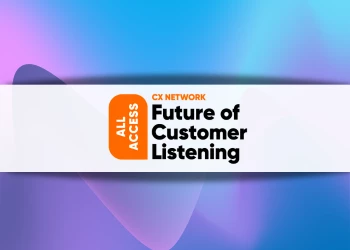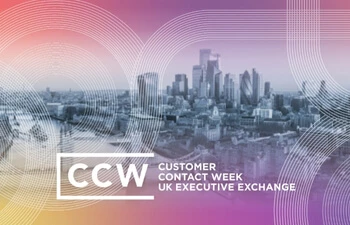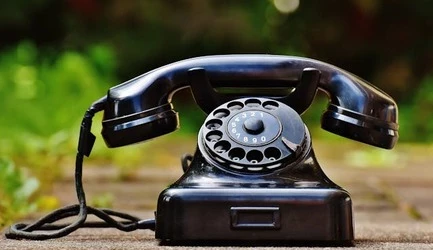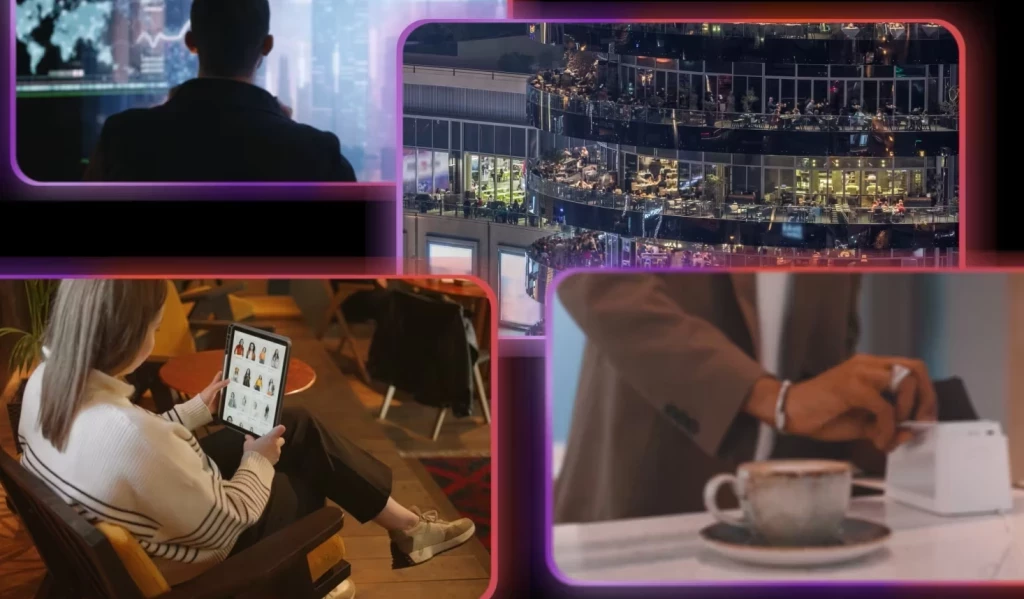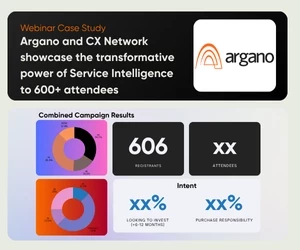Air Transat’s golden CX rule: Offer added value
The VP of Customer Experience at Air Transat talks about the difference between serving B2B and B2C customers, the importance of offering added value, and why the frontline are stars.
Add bookmarkEPISODE OVERVIEW:
Susie Deveault joins us from Canadian low-cost leisure airline Air Transat where as Vice President of Customer Experience she focuses on every specific aspect of the customer experience and every deliverable of the product.
In the podcast interview with host Set Adler, she discusses how and why people travel. Deveault doesn’t have tangible inventory understanding that when you get down to it, she’s selling a dream, time with your family, memories. So Sher job is to ensure that that dream is precious.
“We try to survey our customer when they're on board, the good thing about it is they don't have a lot of things to do…they're captured within our planes.â€
LISTEN NOW:
KEY QUOTES:
New vs old customers
“New customers are harder to get, because when you get to travel with your family, it's an imposing budget to spend, when you don't know exactly what you're going to get.
“We don't have tangible inventory, what we sell, we sell a dream. We sell some time with your family, we sell memories, but it's not a tangible thing that we sell, so we have to make sure that that dream is precious enough, and so special that they decide to go.
“Once we have them, then it's easier to capture their needs, and then we send them offers based on their profile, and their budget, or their interest, but the new customer is harder to get, I find.â€
Surveying on board
“We try to survey our customer when they're on board, the good thing about it is they don't have a lot of things to do, you know, they're captured within our planes. So we tend to like to survey our customers when they're on board. And based on that, we try to add a little added value, because to be very honest, from one airline company to the other, we're basically about the same, you know where our responsibilities are to take you from point A to point B.â€
Offering added value
“Above that, what will make a difference that you choose me above the other is going to be all of the little added value that we either charge – because most of us now charge for that added value – or that we offer. Even if we charge, if it's available, people appreciate that. A comfort kit, we call it if you have a more interesting seat.
“For us, as an example, we sell option plus, so it gets you to select your seat, it's a more interesting seat, then I give you a glass of a sparkling wine, I give you a bit of more attention, you have the special snacks. Those are little things that people are looking for.
“Most of the time they're willing to pay, it doesn't have to be free, as long as you provide it, it's available, and I'm happy with it, it will work.â€
B2B vs B2C customers
“Our B2B customer when they call in, of course they tend to know a bit more about the industry so it is a type of customer that's harder to serve, or harder to please, I should say. […]
“Versus the B2C, the end traveler are very interested about everything we have to say, because they're buying the trip themselves, they don't travel as much and it's an interesting subject to talk about, the travel, so it's an easier customer to serve.â€
Call centre stars
“They [the front line] are stars. They're geniuses. It takes so much, if you haven't done it once in your life, you don't know how hard it is. It is a really hard job. I think the hardest part is just the repetition, because it's interesting to converse with someone, but when you do it all day, after a week, or two weeks, and after three years, people get tired because it's an ongoing conversation all the time.
“It takes concentration all the time, and most of them are very process-oriented people, they have to live the changes, so many changes every day, every minute, every week. They're very special type of person and that's why most of them don't stay very long, within the call center.
“Very rarely you'll see someone who has been five, six, seven years in a call center, because they're just ready to do something else. It's a tough job.â€


